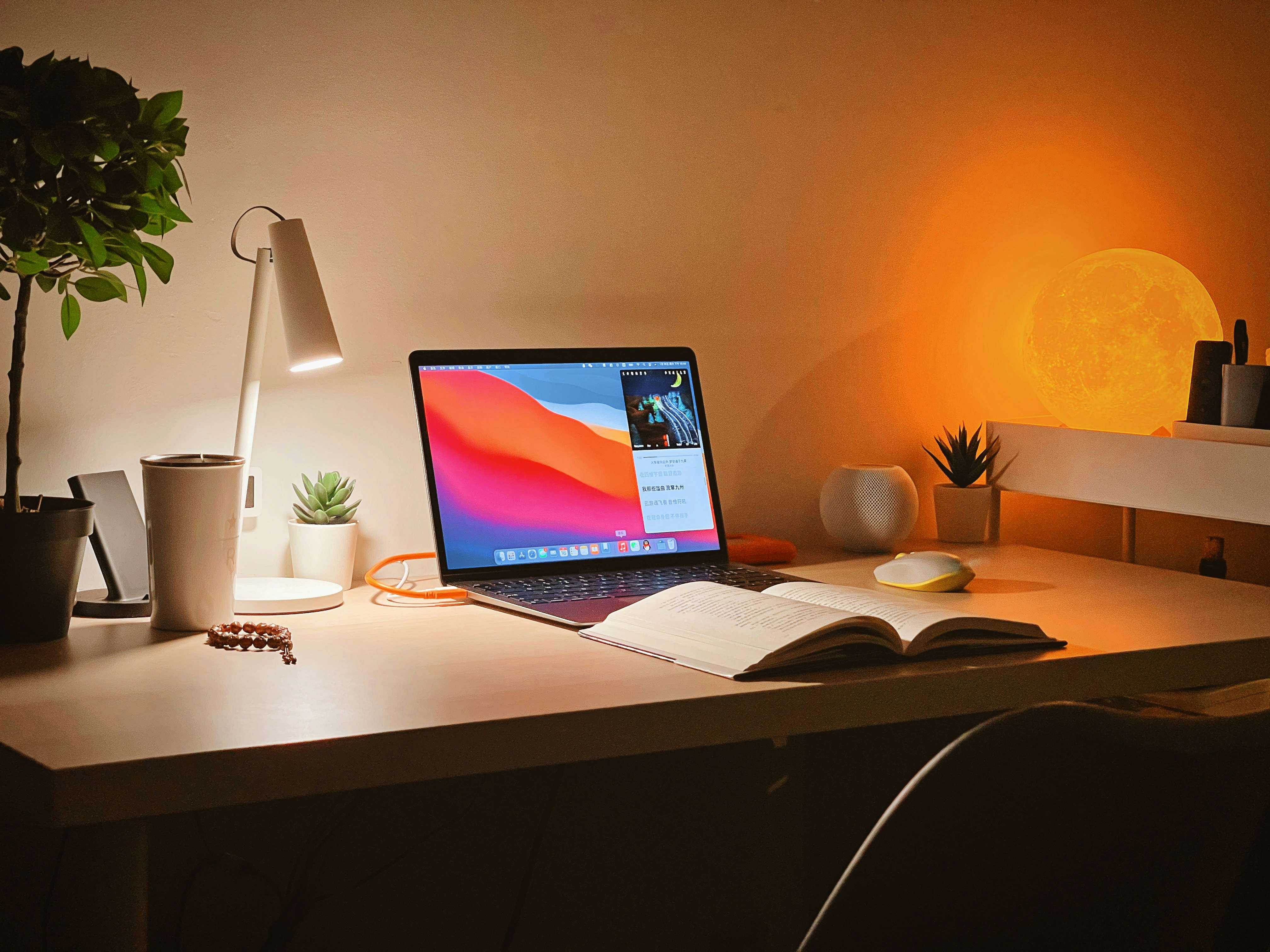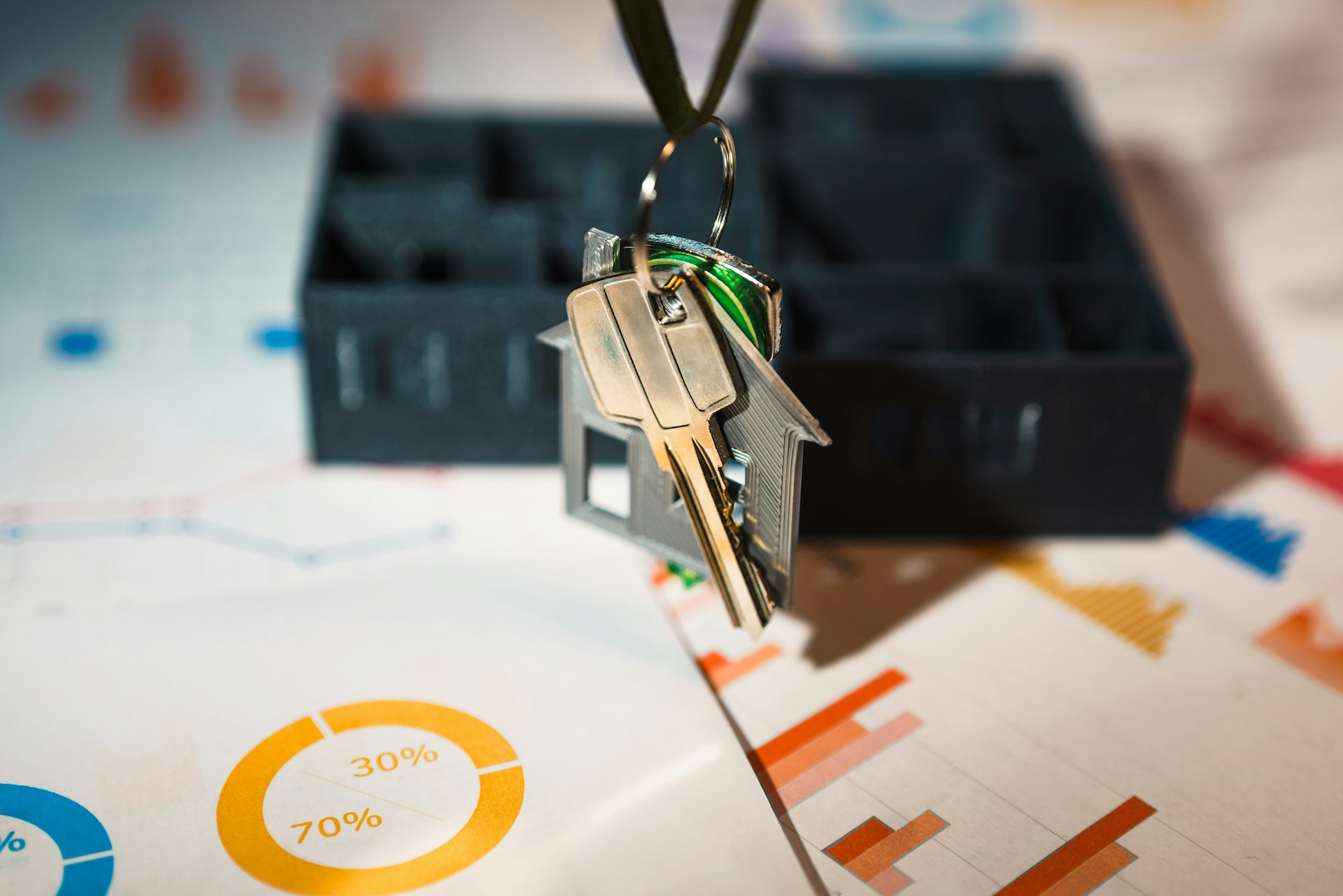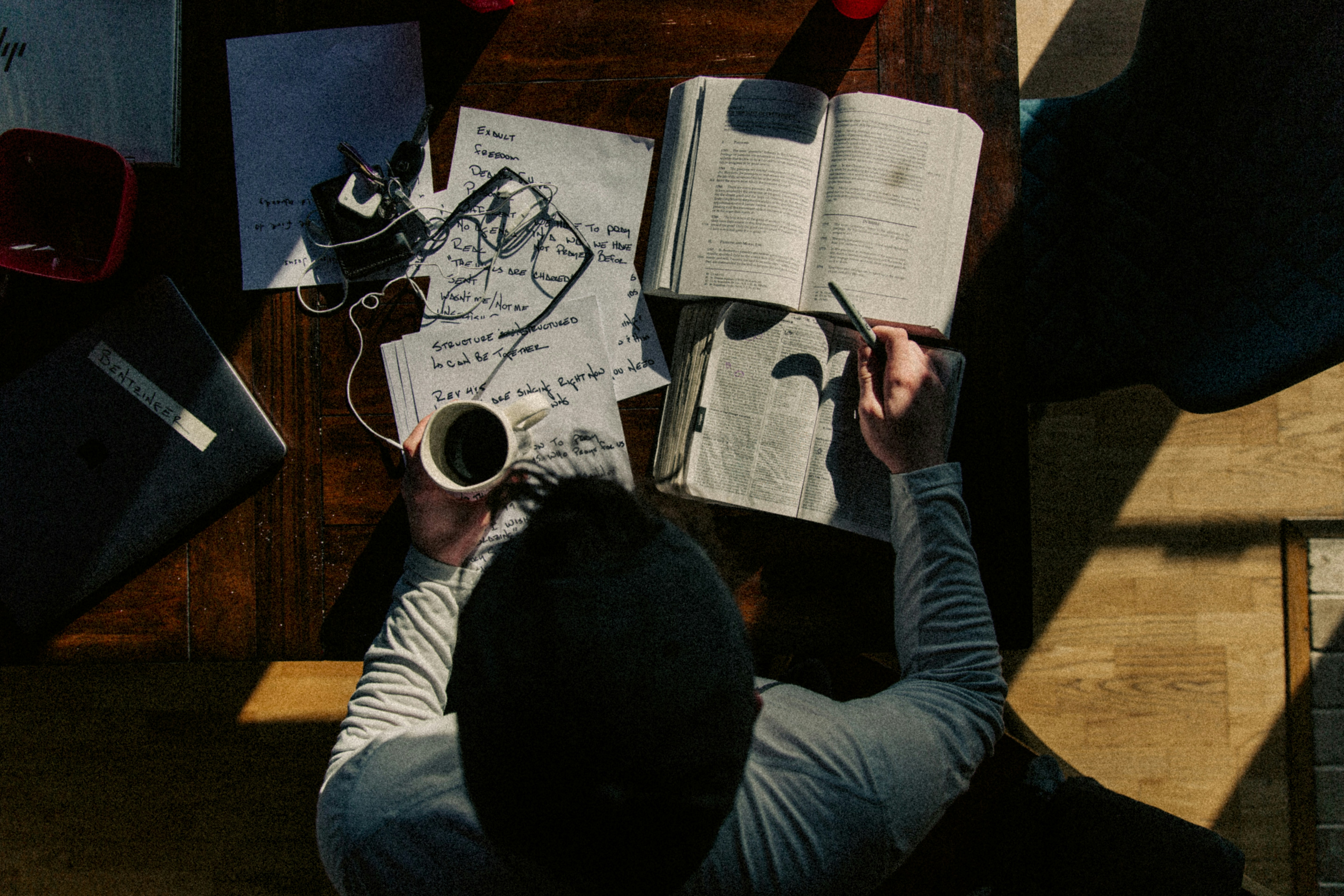Have you heard the idea that study smarter not harder? It means that you need to use some scientific approaches to help you study better. In this blog, we’ll tell you how to study smarter not harder, initiating your enthusiasm to study.
Study Smarter not Harder Approaches
Here, we’ll deliver you some suggestions on how to study smarter not harder. Through these ways, you can improve your study efficiency with few efforts.
Don't Reread
Many believe that if you read some materials over and over again, you can learn something well. However, it’s a wrong concept, opposite to our topic, “study smarter, not harder”. According to some experts, rereading passages or notes is superficial, which seems to be helpful but you only get little finally. Some hold the opinion that rereading is a part of prereview, but in fact, it makes you forget quickly. According to a study conducted in 2010, a group of interviewers rereading were compared with the other two groups who didn’t, and they performed worst. If you wanna make progress, you need active engagement.
Engage Actively
In the last paragraph, we’ve mentioned active study or active engagement. When it comes to “study smart not hard”, active study is essential. It doesn’t mean simply underlining sentences or mechanical rote. Although these approaches help you to do the assignment, they aren’t called active engagement and have little influence on improving your study.
Know Study Cycle
When you are going to learn how to study smarter and not harder, you should understand the study cycle, which can be divided into four parts: prepare for success, preview, read and recall, self-test, and test. Preparing for success means you need to study when you are most concentrated, and make an all-around time schedule for yourself. Regarding the second part (preview, read, recall), it means you need to browse the titles, keywords or charts in advance to get related information as much as possible. In addition, after reading the introduction and conclusion, you can list your questions, which enhance your efficiency in class. You can also talk with the professors and classmates and learn from them. Self-testing means you should try to combine what you’ve learned with real-world issues. Finally, the last part indicates that you should access any materials as early as possible develop useful strategies, and make a comprehensive analysis of your test results.
Space out
In this section, you’ll learn the importance of spacing out your study. You can divide your tasks into different parts. The ideal way is to set aside a short time for every lesson. Long-time study only leads to distraction and lowers your study efficiency. For example, if you have studied for 25 minutes, you can take a short break. If you want to achieve this aim, you can make a to-do list every day to ensure you finish your task on schedule. If possible, you can set time limitations for every task you gonna finish.
Practice
We all know athletes need to do sports skills repeatedly, and musicians should practice their musical instruments. Of course, learners who wanna know how to study smarter, not harder, for exams should also practice often. According to a psychologist, the best way to remember something is to practice. For example, those who take several tests perform better than those who only take one-time tests.

Study Intensively
Can you believe sometimes study hard not smart? Many people say that they’ve spent a lot of time studying, but they still can’t get good grades. Why? Honestly, intensity matters more than duration. You can gain a lot with the fewest endeavours if you conduct the intensive study. An intensive study is from 30 to 45 minutes and has active studying strategies, which we’ve mentioned above. On the contrary, you’re more likely to remember what you have learned if you have a self-test after an intensive study. Such an intense way, to some extent, can battle against procrastination.
Get Rid of Silence
Many may prefer to study in a quiet place, like a library or a study room. But in fact, you’ll study better with some noise, which is a secret to how to study smart, not hard. Similarly, some learners find themselves more concentrated when they’re listening to some soft music, while others consider it distracting. The key point is the silence of a library is similar to the noise of a gym, so if you’re willing to study in a silent library, you can try low floors, which have more noise, helping you read more aloud and become more efficient.
Accept Difficulties
Another important part of studying smarter, not harder meaning, is accepting all problems and difficulties you have. Many people fear facing or encountering issues because they think the challenges are intimidating. Honestly, everyone has their own challenges, and all problems are inevitable. We can learn something valuable from the process of solving problems, which can’t be gained from victory. In other words, we can become mature and experienced.
Solve Hardest Problem First
Have you tried to solve the most difficult problem at first? In most cases, we tend to take the most simple step at the beginning because we suppose we have many experiences regarding easy issues. Then, we’ll be reluctant to face those tough ones. When we can’t completely understand the problem or pay little attention, we’ll consider it rather difficult. Therefore, you can try to tackle the toughest one first, which helps you overcome procrastination. This is one of the study smarter not harder tips as you’ll totally concentrate on your tasks and hold a positive attitude when you solve problems at first. Also, you have a clear mind and a calm mentality, which contributes to your success.

Abandon Multitasking
Some people, who want to achieve different goals once, would like to do many tasks simultaneously. But that isn’t a principle of studying smarter not harder. When you’re dealing with different tasks, you can’t focus on a sole one. In other words, you can’t do your utmost to finish your study tasks. So why not accomplish them one by one? It doesn’t prove you’re not good enough and has nothing to do with your personality. It’s just an approach.
Use Pictures & Mind Maps
When you ask how can I study smarter not harder, photos and mind maps are conducive. Different shapes and colors stimulate you to pay more attention to what you are doing. Sometimes, you may get dull and bored after reading pieces of passages. Pics can reduce your stress and help you relax, and contribute to a framework of what you’ve learned. When making mind maps, you can review all key knowledge and design them by yourself.
Find Examples
When you study something new, you may get confused about some abstract concepts. If so, you need to find some examples in the real world, which is an effective way to study smarter, not harder. For example, you may not exactly understand “sweet” when learning its concept, but you can think of a cake or a candy in a way that helps you more easily comprehend and remember its meaning and characteristics. To be honest, it’s one of how to study smart not hard tips.
Act as A Teacher
Have you tried role play? Regarding “do not study hard, study smart”, it’s helpful for you to become your own “teacher”. When you learn new things and materials, you can try to paraphrase and work with your teammates or partners. You can discover new knowledge and remember it more quickly. You can suppose what professors want to teach you if they stand in front of you and make a quiz for yourself, which can make you find the drawbacks and questions.

Have a Time Sense
If you want to study smarter not harder, you should take good control of your time. With a time limitation, you can make an all-round study plan. A deadline can push you to finish your tasks quickly and excellently. For example, you can make a time calendar for your daily routine, weekly assignments and monthly tasks. A good calendar can make you work efficiently and effectively.
Make a Summary
The last tip about how to study smarter not harder is to make a summary. Summary has a great influence on your study quality. You can find out and review what you have gained from your last study. Summarizing forces you to process information actively, making connections between concepts. Whether written or verbal, a quick recap after each study session ensures you retain more while spending less time relearning later.
Let uhomes.com Help You
Many international students want to study smarter not harder, so they need to spend more time on study rather than finding accommodations. You can find the perfect accommodation tailored to your needs with a couple of clicks at our online platform, uhomes.com. From budget-friendly options to luxurious ones, we can offer you the best option!
Conclusion of Study Smarter not Harder
We believe you must have learned a lot about study smarter not harder. All these tips can help you develop and improve. You need to know that though there are many tips presented, your attitude towards study matters most. So, try to combine these tips and your own experience to have a better study trip.
FAQ of Study Smarter not Harder
What does it mean to study smarter, not harder?
“Studying smarter, not harder” means using effective learning strategies to maximize understanding and retention while minimizing wasted time and effort. Instead of relying on passive methods like rereading or cramming, it focuses on active, efficient techniques that enhance long-term learning.
How to study smart but not hard?
Here’s a concise, actionable guide to studying smart, not hard:
- Focus on Active Learning (Not Passive)
- Use Spaced Repetition
- Prioritize High-Impact Material
- Eliminate Distractions
- Summarize & Simplify
- Optimize Your Environment & Health
Is study smart better than study hard?
Yes. Studying smart is generally better than just studying hard—but the ideal approach combines both efficiency (smart) and effort (hard).
What does it mean to study smarter?
Studying smarter means using science-backed strategies to learn more effectively in less time, focusing on understanding, retention, and application rather than just putting in long hours. It’s about working strategically to maximize results while minimizing wasted effort.








